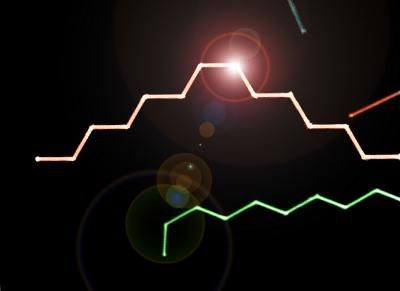European collaborative research to develop lab-on-chip system for cheap and fast cancer diagnosis
At the Engineering in medicine and biology Conference (EMBC) in Buenos Aires (Argentina), imec and its project partners announce the launch of the European Seventh Framework Project MIRACLE. The MIRACLE project aims at developing an operational lab-on-chip for the isolation and detection of circulating and disseminated tumor cells (CTCs and DTCs) in blood. The new lab-on-chip is an essential step towards faster and cost-efficient diagnosis of cancer.
Detection of circulating and disseminated tumor cells in blood is a promising methodology to diagnose cancer dissemination or to follow up cancer patients during therapy. Today, the detection analyses of these cells are performed in medical laboratories requiring labor intensive, expensive and time-consuming sample processing and cell isolation steps. A full tumor cell detection analysis can take more than a day. A lab-on-chip, integrating the many processing steps, would enable a faster, easy-to-use, cost-effective detection of tumor cells in blood. They are therefore labor-saving and minimally invasive, increasing the patient’s comfort and the efficiency of today’s healthcare.
In a preceding joint project by some of the partners (MASCOT FP6-027652), individual microfluidic modules for cell isolation, cell counting, DNA amplification and detection have been developed. Based on this expertise and strengthened by additional partners, the development of a fully automated, lab-on-chip platform to isolate, count and genotype CTCs is envisaged within the framework of the MIRACLE project. For genotyping, genetic material (i.e. the mRNA) will be extracted from the cells and multiple cancer related markers will be amplified based on multiplex ligation dependent probe amplification (MLPA) followed by their detection using an array of electrochemical sensors. Full integration of all steps requires innovative research and processing steps that need a combination of the multidisciplinary and unique expertise of the different project partners (ranging from microfluidics to interfacing, miniaturization, and integration skills). The resulting lab-on-chip tumor detection system will be well ahead of the current state-of-the-art, revolutionizing cancer diagnostics and individualized theranostics.
Within the framework of the MIRACLE project, imec as project coordinator, collaborates with the Universitat Rovira I Virgili (Spain), the Institut für Mikrotechnik Mainz, AdnaGen, ThinXXs and Consultech (Germany), MRC Holland (The Netherlands), the Oslo University Hospital (Norway), the KTH Royal Institute of Technology, Multi-D and Fujirebio Diagnostics (Sweden), ECCO - the European CanCer Organisation and ICsense (Belgium) and Labman (UK). The project aims at developing a fully automated and integrated microsystem providing the genotype (gene expression profile) of CTCs and DTCs starting from clinical samples. MIRACLE is partly funded by the European Commission (FP7-ICT-2009.3.9).
Topics
Organizations
Other news from the department science

Get the analytics and lab tech industry in your inbox
By submitting this form you agree that LUMITOS AG will send you the newsletter(s) selected above by email. Your data will not be passed on to third parties. Your data will be stored and processed in accordance with our data protection regulations. LUMITOS may contact you by email for the purpose of advertising or market and opinion surveys. You can revoke your consent at any time without giving reasons to LUMITOS AG, Ernst-Augustin-Str. 2, 12489 Berlin, Germany or by e-mail at revoke@lumitos.com with effect for the future. In addition, each email contains a link to unsubscribe from the corresponding newsletter.





















































